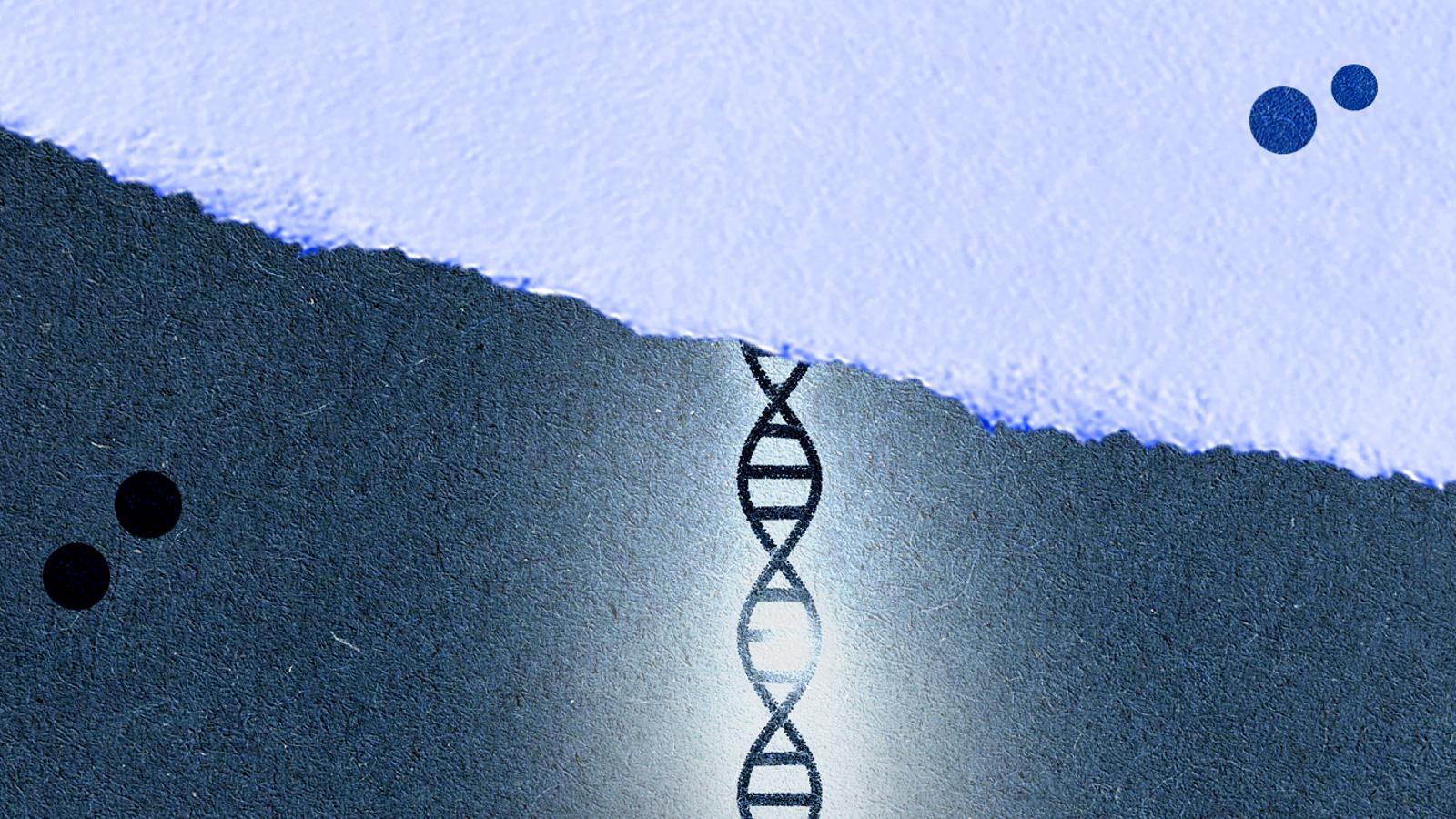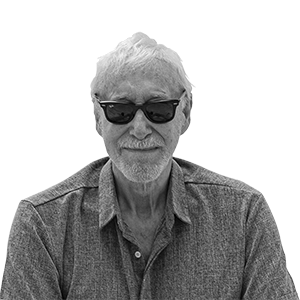

Freddie Mercury asked this, singing as if his life depended on it: Who wants to live forever? I mean: who wants to live forever? And, of course, when you put it bluntly, it sounds dramatic. But the question is tricky. Because if living forever means being confined to a nursing home, in diapers, eating mashed potatoes from the left side while drooling from the right, and with your mental faculties completely evaporated... Well, thanks, but no.
In this case, the good question isn't "who wants to live forever?" but rather "who the hell wants to live forever... like this?" But what if we change the script? What if we talk about living many years with energy, without chronic illnesses, with an awake brain, a functioning body, and a libido eager to party? That's where things change, right?
This is where a new way of understanding longevity comes in. Because we're not talking about living longer, but about living better... for longer. And be careful, because we're not talking about distant futures, nor about utopias from Elon Musk after smoking a leek. This is the next chapter of human biology that's catching up with us full speed.
We're entering headlong into a medical revolution that seems straight out of Black Mirror, but with a happy ending. We're talking about gene therapies, DNA editing, cell regeneration, organ printing, and, above all, artificial intelligence. (AI) This AI, which already writes like a writer, generates images like an artist, and answers existential questions with enviable calm, has now put its circuits at the service of medicine. And it's changing everything.
Demis Hassabis, founder of DeepMind, who used AI to predict the three-dimensional shape of more than 200 million proteins, earning him the 2024 Nobel Prize in Chemistry, He says: "In ten or fifteen years, AI will be able to cure all diseases." Not just a few diseases. All of them! Nobel Prize-winning words.
And if that sounds crazy to you, wait until you hear Dario Amodei, head of Anthropic, a pioneering AI company, predict: "In biological research, in just five or ten years we will be able to advance a hundred years. Doubling life expectancy is not crazy at all."
As you can see, the medical revolution has already begun and it's moving fast. However, extending life is only interesting if it's accompanied by good health. Because if we manage to extend it by ten or fifteen years now, that's ten or fifteen years we're giving science to keep advancing. It's a race against time in which every decade gained... they can give you another. And another. And maybe another. And so on indefinitely.
But for this cycle to activate, one thing is necessary first: to age as little as possible over the next ten years. How? I'm not going to start preaching now about the importance of eating a balanced diet, exercising regularly, not smoking, not overindulging in alcohol or other "recreational" substances, maintaining an active sex life (if possible, with someone), sleeping well, avoiding stress. Maintaining gratifying family and social relationships has been scientifically and repeatedly proven to slow down aging and significantly improve health. We know this, doctors know this, and I don't know why they don't recommend it as a mandatory treatment, as if it were a routine treatment.
"Mrs. Maria, here's the prescription: walk for half an hour a day and make love to me twice a week." And she: "You?!" "No! Your husband!" "Oh, sorry! I just understood..." The doctor: "Shut up, shut up! And come back in three months, see how we're feeling." If Señora Maria does this, we're sure to "feel" much better.
These practices work. They're healthy and they prolong life. But they have limits. That's why the real goal is to arrive in time for science to do its job and find a way to stop or even reverse aging. You already know that. We hold out for ten or fifteen years. Because the future looks good. And if we arrive alive, awake, and eager... you'll see how no one will throw us off the scent!
